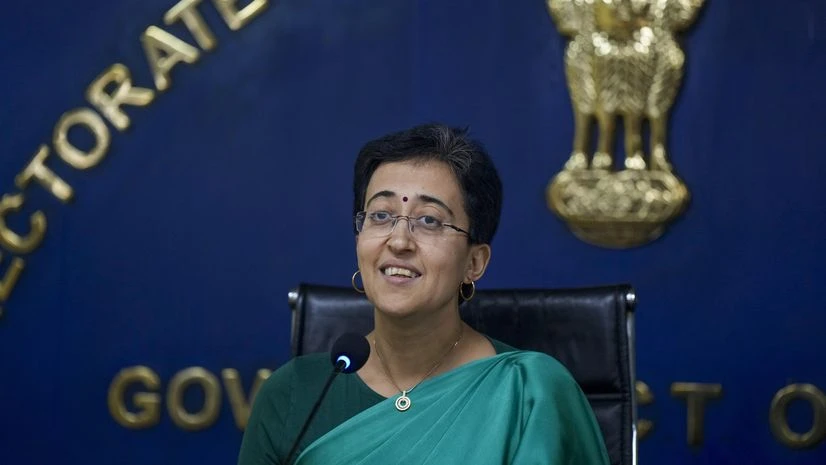The Delhi government, led by the Aam Aadmi Party (AAP), has proposed borrowing Rs 10,000 crore from the National Small Savings Fund (NSSF) for the fiscal year 2024-25. This decision, made months before state elections, aimed to continue its free services, such as electricity and water, despite potential fiscal challenges. However, this proposal has sparked internal disagreements and raised questions about its long-term financial implications.
What is the National Small Saving Fund?
The National Small Savings Fund (NSSF) comprises collections from small savings schemes, excluding withdrawals by subscribers. These schemes and fund encompasses three categories:
Savings instruments: Postal deposits, such as savings accounts, recurring deposits and time deposits.
Monthly income schemes: Savings certificates like the National Small Savings Certificate (NSC) and Kisan Vikas Patra (KVP).
Also Read
Social security schemes: It includes the Public Provident Fund (PPF) and Senior Citizens' Savings Scheme (SCSS), among others.
Operating independently within the public account, the NSSF’s transactions do not directly impact the Centre's fiscal deficit. These funds are invested in central and state government securities. While states like Arunachal Pradesh, Kerala, and Madhya Pradesh borrow from the NSSF, most states prefer market borrowings due to lower interest rates. For instance, Delhi’s Finance Department had previously advocated exiting the NSSF scheme, citing its higher costs.
Financial implications of NSSF loans
The Union Ministry of Finance has earlier raised objections to Delhi’s prepayment of older loans from the National Small Savings Fund (NSSF), citing potential disruptions to the broader borrowing framework. In a directive issued in July 2023, the Ministry clarified that access to NSSF loans would be restructured, making it a one-time option instead of an annual facility. Two repayment scenarios were outlined:
Scenario I: Exiting the NSSF scheme after March 2039, with an outstanding liability of Rs 31,697.47 crore.
Scenario II: Continuing with annual Rs 10,000 crore borrowings until 2038-39, resulting in a principal repayment of Rs 1,26,697.47 crore and an interest burden of Rs 57,661.68 crore.
The difference in interest liability between the two scenarios is a staggering Rs 45,980 crore.
Internal opposition in Delhi govt
Delhi’s Finance Department, however, raised concerns about the loan’s necessity, given the expected reduced expenditures due to the Model Code of Conduct (MCC) during elections. Principal Secretary (Finance) Ashish Chandra Verma recommended exiting the NSSF scheme to avoid imposing substantial liabilities on subsequent governments. Despite this, Chief Minister Atishi approved the borrowing, emphasising the need to secure funds for ongoing projects.
Fiscal trends and expenditure projections
Delhi’s FY25 budget allocation is Rs 76,000 crore, with 24.63 per cent utilised by July 2024. Based on past trends, expenditures are projected to reach Rs 68,300 crore, marking a record high. The government’s continued commitment to free services, including potential new schemes like a monthly stipend for women, could strain finances further. Political opponents have criticised these initiatives as ‘revdis’ (freebies).
The decision to borrow from the NSSF has sparked debate over fiscal prudence versus political commitments. While the Delhi government highlights its declining debt-to-GDP ratio, concerns persist about the long-term burden on taxpayers and future administrations. As elections approach, the balancing act between governance and electoral promises will remain in focus.

)